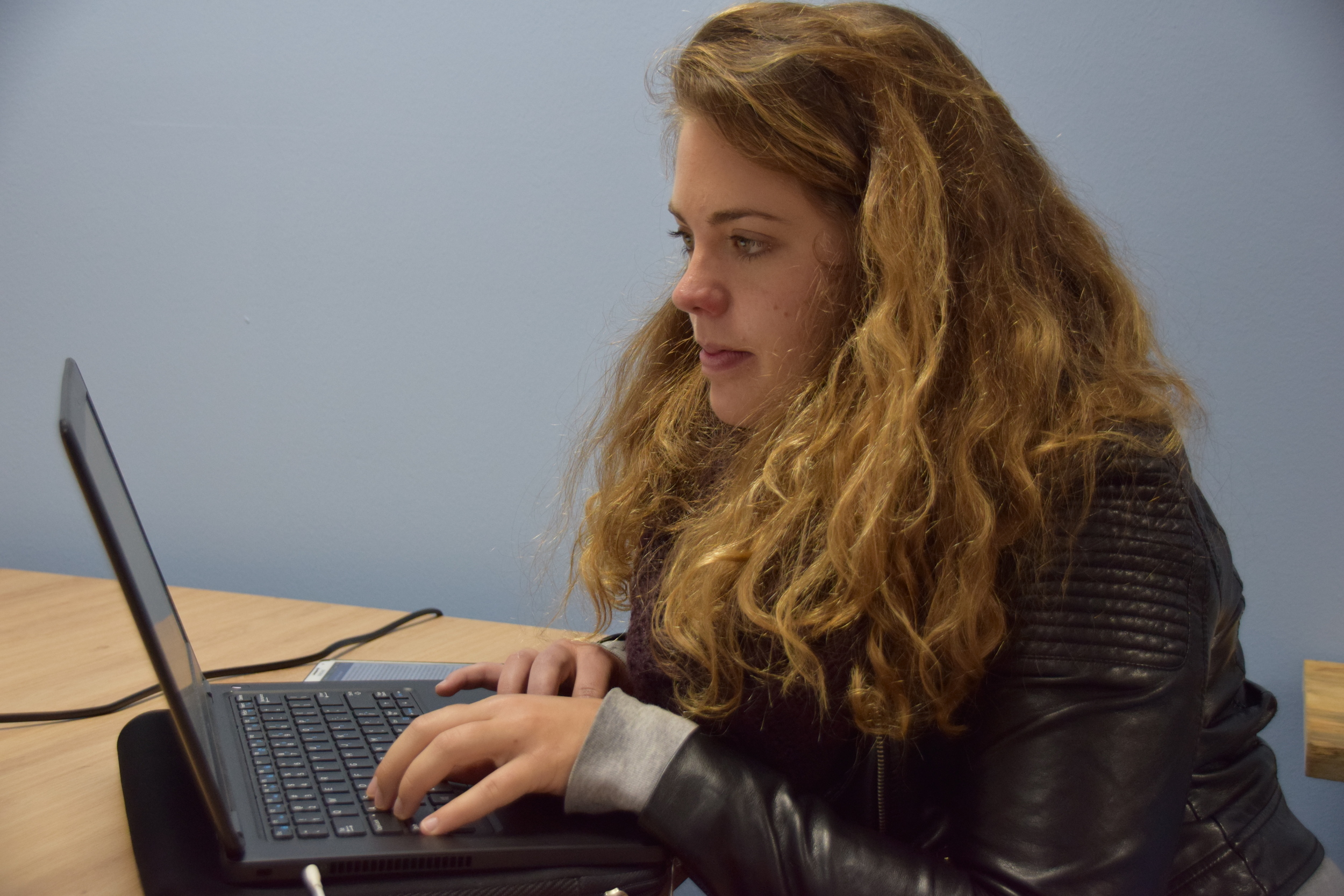What Is Remote Year?
/Remote Year
Many of you have probably heard of the program Remote Year by now. Remote Year explains the program on their website with the following:
"Remote Year brings together a community of 75 professionals [digital nomads who work remotely] from across the globe to spend a year, working, travelling, and exploring 12 cities around the world. Spending one month in each city, the community will connect with local cultures and business ecosystems, forming lifelong, borderless personal and professional relationships along the way."
That sounds cool, but what exactly does it mean? There are so many people that are confused about what Remote Year is exactly and how it works. Many people are left wanting to know more.
I am currently a participant on the first Remote Year program and we still have people on the program whose parents or family friends still have no idea what it is we are doing exactly. I have to be honest, when I applied I didn't know if I was applying for a job or to be a part of a travel program. All I knew is that I would be able to travel the world and that's all I needed to know.
Working Remotely and Digital Nomads Explained
A Group of The Remotes taking a trip to the beach in Koh Phangan, Thailand
Remote, Sara, Working in Hanoi Vietnam
Let's start at the beginning, Remote Year is based on the concept of 'working remotely'. So, what does 'working remotely' mean?
Many people have a typical office job, where they spend the majority of their day working on the computer. The thing is, when you work from a computer, you can essentially work from anywhere... as long as you have a computer to work from. Working remotely means that you take your computer and bring it with you where ever you want. The historical idea of this concept is known as "working from home". However, the new thinking is, "why just work from home, when I could technically work from anywhere in the world?". That is how the term 'Digital Nomad' was coined. Digital Nomads work remotely around the world, no longer constrained by an office.
What Remote Year IS and What Remote Year IS NOT
To feed your curiosity I'm going to further break down what exactly Remote Year is and how it works.
GET $200 OFF REMOTE YEAR BY USING THS LINK WHEN YOU APPLY. Be sure to drop my name, Kate Smith, (The Remote Nomad) to make sure you get your discount.
What Remote Year IS and What Remote Year IS NOT
To feed your curiosity I'm going to further break down what exactly Remote Year is and how it works.
What Remote Year is NOT
Remote Year is not a job: You do not/will not work for Remote Year. You work for your employer doing whatever it is that you do. On Remote Year, every participant works for different companies and they all hold different jobs. Some are developers, designers, marketers, writers, entrepreneurs etc. It's up to you as a participant to convince your employer to let you work remotely or to find remote work.
Remote Year is not a staffing agency: You must find a remote job yourself/convince your employer to let you work remotely yourself. Remote Year does NOT have an HR person who specializes in helping participants find jobs. It's not as though they don't care about you finding a job, but that is not what the program is here for. They will point you in the right direction as per their website which provides direction on finding remote work and during the program itself there are several networking events and opportunities. As well, if you need to convince your employer to let you work remotely, it's your responsibility to convince them. That being said, current participants have great resources they've used and are usually there to help out a fellow aspiring digital nomad. Again, don't think Remote Year doesn't care, but it's not their service offering.
What Remote Year IS
Think of Remote Year as a "travel agency", among the likes of G Adventures etc. I hate to compare it in that way, but it's the best way for people to understand. The unique thing with Remote Year is that all participants on the program work remotely, only 75 people get accepted to participate, and the group travels together for 1 year.
If you get accepted to the program, you will pay Remote Year various fees that I outline below, in exchange for the following:
A network of like-minded people/ a community: This is seriously a HUGE benefit. I talk more about these kind of benefits in my post, 'Remote Year: What To Expect Of The Program', under the 'What You Pay For' section.
All travel between destinations: This can be flights, buses, etc.
All accommodations during the entire year (WITH your own room): This can be hotels, apartments, dorms, bungalows - city-dependent.
Activities and events: This includes things such as community impact days, speakers, tours, and other trips
A common workspace with internet: This is centrally located and open 24 hours in each city
Remote Year always provides a co-working space and good, reliable internet. This may be one of the biggest selling factors. Remote Year goes to the lengths of even setting up their own dedicated internet lines. This allowed us to have power and good internet on Koh Phangan, Thailand when the entire island experienced a power outage for the majority of the day. And, if anything goes wrong with the internet, it's on Remote Year to fix it.
The Application Process and Fees
There are 4 phases to the applications process.
Phase 1: Quick Intro
What it is: A quick, tell us a bit about yourself phase. You can see the exact questions to apply here.
Cost: Free
Phase 2: Detailed Application
What it is: A more detailed application that you need to complete. Specifically, it asked:
Why do you want to go on Remote Year?
What unique aspect do you bring to the table for the Remote Year community?
What is your remote work experience?
Explain your current job.
Provide any additional information you think is important for them to know.
Cost: $50
Why the fee: They want to make sure you're serious about the application. Apparently they have made some changes whereas the $50 fee will we refunded if you don't get accepted to the next round of the application process.
Phase 3: Interview
What it is: The Interview. My interview was pretty laid back and more of a "tell me about yourself approach". However, I know people who were interviewed and asked more specific questions. I will share in another blog post how I prepared for my interview.
Cost: Free
Phase 4: Acceptance
What it is: If you get accepted, congrats! Over 25,000 people applied for to be a part of the first group, and that was when no one really knew about it or if it was "legit". Now that people know it's legit and with more media coverage in BuzzFeed, Business Insider, Fast Company and The Guardian (among some), I am sure that number has increased with each round of applications.
Cost: When I applied this was only $3,000 USD but according to their website the price seems to have gone up to $5,000 USD down payment. Why? I have no idea. In addition, you will pay $2,000 USD per month. Remember, this covers your events, accommodations, flights etc. Compare that to the cost of living in somewhere like New York or Vancouver and it's not so bad. Is it tough to afford that each month? Yes, especially if you are Canadian, Australian or Brazilian, since the value of our dollar sucks against the American dollar. Is it worth it though? Absolutely.
You might also like: 'Remote Year: What To Expect Of The Program'.
A group of Remotes Exploring Hanoi, Vietnam
Scooting around in Koh Phagnan, Thailand
Follow the digital nomad journey









